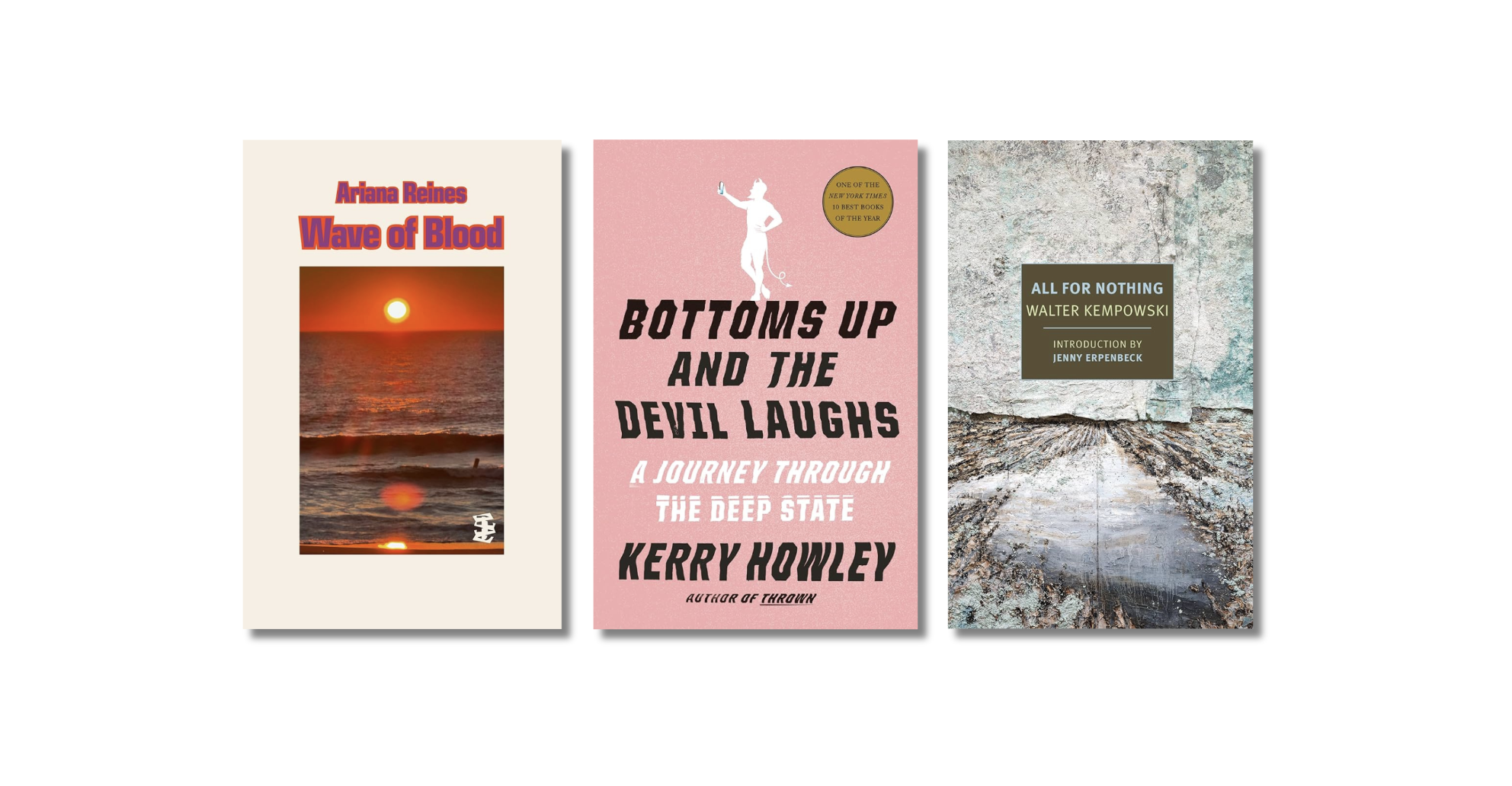Jeffrey Eugenides became a household name among many readers thanks to Middlesex and The Virgin Suicides. Eight years after Middlesex, Eugenides has quietly become one of the most admired American novelists working today, and it’s likely that many fans are looking ahead to October, when Eugenides’s next novel, The Marriage Plot, is set to be released.
FSG’s catalog copy describes a campus/coming-of-age/love-triangle novel (some may recall the protagonist Madeleine Hanna from an excerpt that was published in the New Yorker in 2010), but the The Marriage Plot‘s first paragraph sets the stage for what may be a very bookish novel, with some serious literary name dropping and a mention of John Updike’s Couples.
To start with, look at all the books. There were her Edith Wharton novels, arranged not by title but date of publication; there was the complete Modern Library set of Henry James, a gift from her father on her twenty-first birthday; there were the dog-eared paperbacks assigned in her college courses, a lot of Dickens, a smidgen of Trollope, along with good helpings of Austen, George Eliot, and the redoubtable Bronte sisters. There were a whole lot of black-and-white New Directions paperbacks, mostly poetry by people like H.D. or Denise Levertov. There were the Colette novels she read on the sly. There was the first edition of Couples, belonging to her mother, which Madeleine had surreptitiously dipped into back in sixth grade and which she was using now to provide textual support in her English honors thesis on the marriage plot. There was, in short, this mid-sized but still portable library representing pretty much everything Madeleine had read in college, a collection of texts, seemingly chosen at random, whose focus slowly narrowed, like a personality test, a sophisticated one you couldn’t trick by anticipating the implications of its questions and finally got so lost in that your only recourse was to answer the simple truth. And then you waited for the result, hoping for “Artistic,” or “Passionate,” thinking you could live with “Sensitive,” secretly fearing “Narcissistic” and “Domestic,” but finally being presented with an outcome that cut both ways and made you feel different depending on the day, the hour, or the guy you happened to be dating: “Incurably Romantic.”









